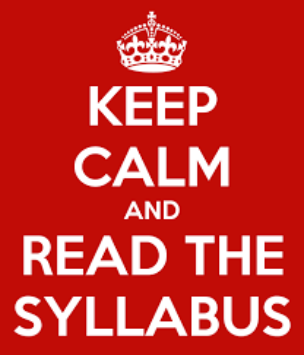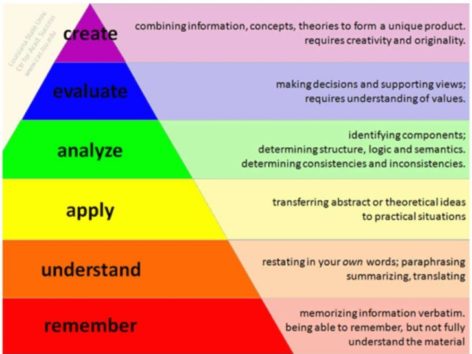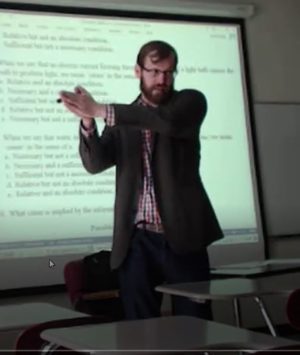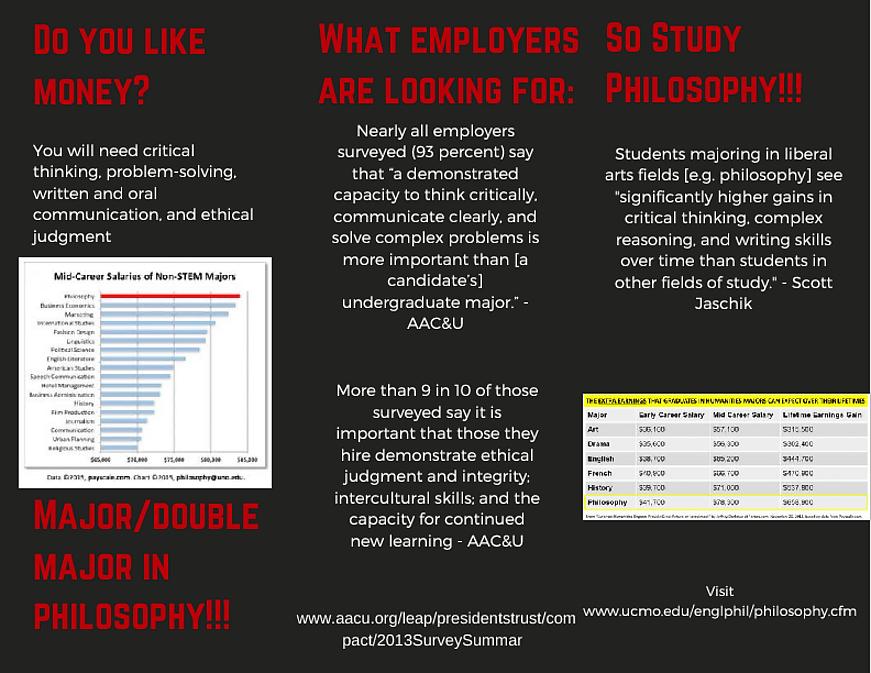As a graduate student, I taught philosophy for six years at the University of Kansas, sometimes as a discussion leader and sometimes as an independent instructor. I taught philosophy full-time for two years at the University of Central Missouri as an instructor. Afterward, I spent a adjuncting for Rockhurst University and the University of Saint Mary. Presently, I am teaching full-time for South Texas College. Classes I have taught include Intro to Philosophy, Intro to Social and Political Philosophy, Critical Thinking, Intro to Symbolic Logic, and Early Modern Philosophy. I am eager to increase my teaching catalog.
Below, you will find a teaching example, links to a formal statement of my teaching philosophy, examples of my syllabi, student comments on my teaching, data reflecting my teaching effectiveness, and a youtube channel hosting lecture videos I have created with Camtasia and Explain Everything
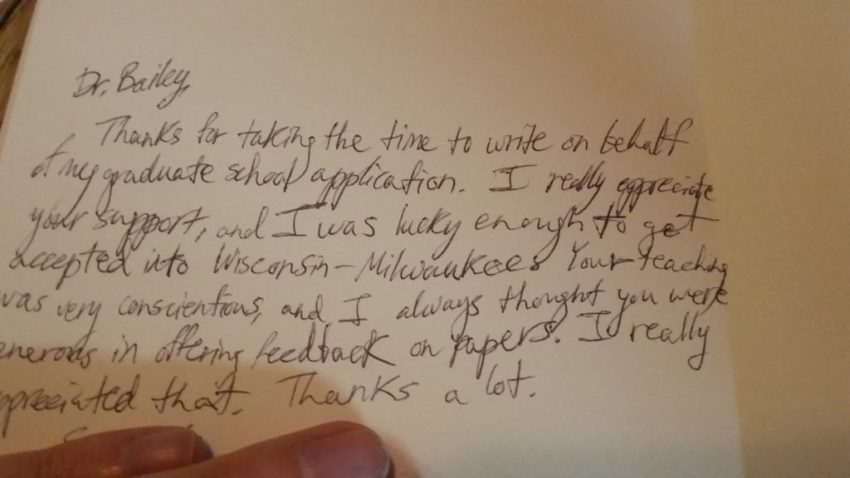

Currently, I am working on a textbook. Below is a portion of its introduction in its present form, in which I explain the purpose of the text and my motivation for writing it.
I have had the joy of teaching informal and formal logic for several years now. In my experience, logic texts do a reasonably good job of giving students the information they need in order to give a correct answer on a quiz or exam. There is nothing wrong with this. Learning how to get to the right answer is often needed before a student can develop a deeper, intellectually reflective, appreciation of the subject matter: knowing how often comes before understanding why. But I want my logic students, even beginners of logic, to start appreciating logic (and the various techniques for assessing the persuasiveness of arguments) in this deeper manner from the outset. Doing so has the following benefits: (1) it reveals to students the value studying logic has in their personal lives, (2) it reveals the discipline of logic as an intellectually interesting field in its own right, and (3) understanding why reinforces knowing how.
Sadly, in my experience, logic texts do a poor job of assisting students in developing this deeper appreciation of logic. This phenomenon is not limited to logic. In my own personal case, I was able to do quite well in mathematics even though my appreciation of mathematics was (and, unfortunately, is) superficial at best. Basically, I acted merely as a human calculator. If you inputted into me a certain set of mathematical symbols, I would output a set of mathematical symbols that would be graded as correct. I knew how, but I did not understand why. As a result, I found math to be boring and tedious. I did not like it, even though I could do well in it. I am sure many of you reading this have had similar experiences. This same phenomenon occurred when I first began studying symbolic logic. The only difference was that I was given different symbols with different rules. I did exceptionally well, but hated it. Can you imagine that? Someone who genuinely enjoys teaching logic now, and enjoys thinking about logic now, once upon time hated studying it! How did that happen? Because in my field of work – philosophy – I had to apply rigorous logical analysis. And, in doing so, I began to form that deeper, intellectually reflective, appreciation that reveals the value of logic both as a tool and how it is intellectually interesting in its own right. Reflecting on how I was taught mathematics and logic makes me feel cheated. I would have studied mathematics and logic much more intensely had teachers and the texts assisted me with appreciating mathematics and logic, and not just with knowing how to output the correct answer. That is why I have written this book: I do not want to cheat my logic students of this kind of appreciation. Thus, the purpose of this book is to act as a companion to other textbooks, aiming to assist students in thinking deeper about the various topics covered in typical introductory logic courses and thereby assisting students to develop a deeper appreciation of logic.
